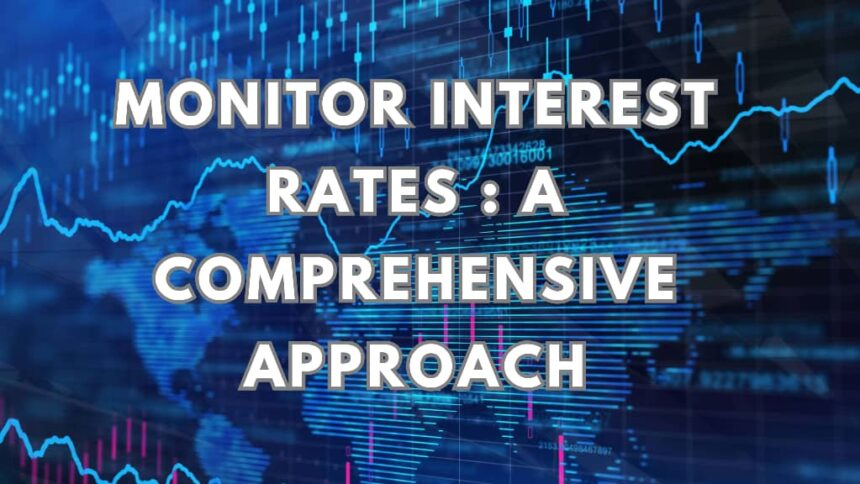An important element that affects global financial markets in many ways is interest rates. Monetary policy makers change these rates to control economic growth, inflation and the overall health of the economy. Keeping a close eye on these rates can give analysts and investors significant insight into market trends.
When the central bank decides to raise or lower its focal interest rate, this move directly affects the cost of domestic bank borrowing from the central bank. These changes in turn impact the route taken by most businesses and consumers in relation to their loans and savings. For example, an increase in interest rates makes borrowing more expensive, thus encouraging savings and vice versa.
Insights into Monetary Policy: The Core of Financial Strategy
Monetary policy is essentially a toolkit that central banks use to manage and influence their country’s economy. Implemented through control of the supply and cost of money, which is directly proportional to interest rates, this strategy moves important economic factors such as inflation, employment levels and overall economic growth.
In an expansionary policy, the central bank injects capital into the economy by lowering interest rates. This strategy encourages spending and investment but can also trigger inflation if left unchecked. Conversely, contractionary policies raise interest rates, taming inflation but potentially slowing economic growth. Understanding these nuances of monetary policy can enable financiers to anticipate market movements and employ sound strategies accordingly.
Top News Trends: The Pulse of the Global Economy
In an interconnected world, major news events significantly shape the ebb and flow of financial markets. From seismic political shifts to natural disasters to breakthroughs in technology, every day brings new reasons for market optimism or pessimism.
We find examples of this in unexpected news events that trigger significant price movements across securities. Take, for example, the Brexit announcement, or a tweet from a high-profile CEO that causes stock prices to fluctuate. Investors are more likely to react to sudden news, causing price volatility.
Recognizing these important news trends, and understanding their potential impact on the market, is important. This awareness can help in identifying investment prospects and navigating through the turbulent currents of the financial market.
Note: The views in this article are for informational purposes only and should not be considered as specific investment advice. Always consult a qualified professional or conduct your own research before making any investment decisions.







